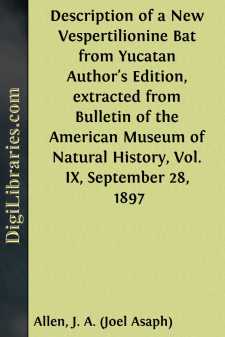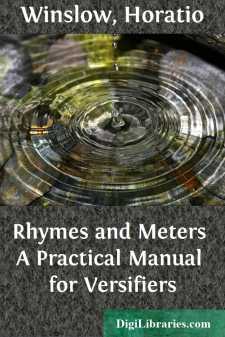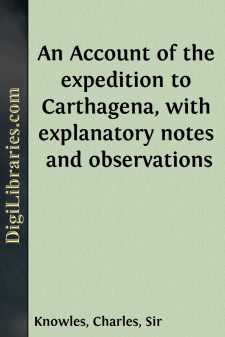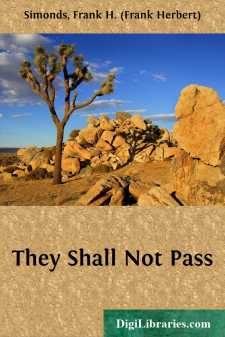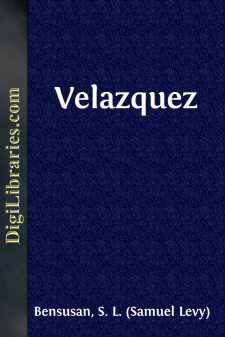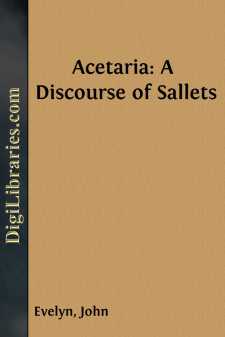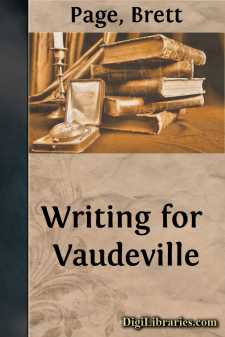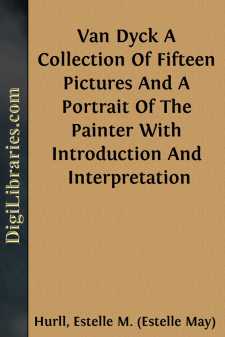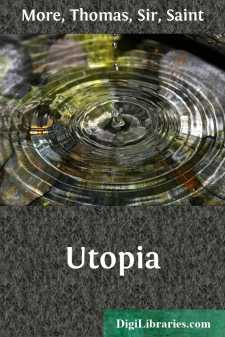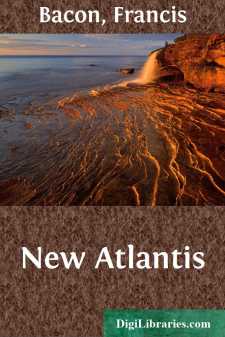Non-Classifiable
- Non-Classifiable 1768
Non-Classifiable Books
Sort by:
No description available
by:
Horatio Winslow
VERSE MAKING IN GENERAL It is scarcely necessary to write a defense of verse making. As a literary exercise it has been recommended and practiced by every well-known English writer and as a literary asset it has been of practical value at one time or another to most of the authors of to-day. Indirectly it helps one’s prose and is an essential to the understanding of the greatest literature. The fact...
more...
by:
Charles Knowles
AN ACCOUNT TO CARTHAGENA, &c. It having been resolved in a general Council of War, held at Spanish Town, to prevent, if possible, the French Fleet joining the Enemy before any Expedition should be undertaken by Land: the Wolf Sloop, Captain Dandridge, was dispatched up to Port Louis, to observe if the Fleet was in that Port: And on the 22d of January, which was the soonest the Fleet could be got...
more...
MY TRIP TO VERDUN—GENERAL PÉTAIN FACE TO FACE THE MEN WHO HOLD THE LINE—WHAT THEIR FACES TOLD OF THE PAST AND THE FUTURE OF FRANCE My road to Verdun ran through the Elysée Palace, and it was to the courtesy and interest of the President of the French Republic that I owed my opportunity to see the battle for the Meuse city at close range. Already through the kindness of the French General Staff I...
more...
It is a curious truth that Spain in these days of her decline exercises almost as much control over the mind of the world as she exercised over its territories in the days of her great empire. Cervantes in literature and Velazquez in art seem destined to secure for their country a measure of immortality that throws into the background the memory of such people as Carlos Quinto, Philip II., and those...
more...
by:
John Evelyn
Royal-Society having been firÐâ¦ÐÑt conceiv'd and delineated by a Great and Learned Chancellor, which High Office your LordÐâ¦ÐÑhip deservedly bears; not as an AcquiÐâ¦ÐÑition of Fortune, but your Intellectual Endowments; [pg] ConÐâ¦ÐÑpicuous (among other Excellencies) by the Inclination Your LordÐâ¦ÐÑhip diÐâ¦ÐÑcovers...
more...
by:
Brett Page
CHAPTER I THE WHY OF THE VAUDEVILLE ACT 1. The Rise of Vaudeville A French workman who lived in the Valley of the Vire in the fourteenth or fifteenth century, is said to be vaudeville's grandparent. Of course, the child of his brain bears not even a remote resemblance to its descendant of to-day, yet the line is unbroken and the relationship clearer than many of the family trees of the royal...
more...
INTRODUCTION I. ON VAN DYCK'S CHARACTER AS AN ARTIST. The student of Van Dyck's art naturally classifies the painter's works into four groups, corresponding chronologically to the four successive periods of his life. There was first the short period of his youth in Antwerp, when Rubens was the dominating influence upon his work. The portrait of Van der Geest, in the National Gallery,...
more...
INTRODUCTION Sir Thomas More, son of Sir John More, a justice of the King’s Bench, was born in 1478, in Milk Street, in the city of London. After his earlier education at St. Anthony’s School, in Threadneedle Street, he was placed, as a boy, in the household of Cardinal John Morton, Archbishop of Canterbury and Lord Chancellor. It was not unusual for persons of wealth or influence and sons of...
more...
by:
Francis Bacon
INTRODUCTORY NOTE Bacon's literary executor, Dr. Rowley, published "The New Atlantis" in 1627, the year after the author's death. It seems to have been written about 1623, during that period of literary activity which followed Bacon's political fall. None of Bacon's writings gives in short apace so vivid a picture of his tastes and aspirations as this fragment of the plan of...
more...


